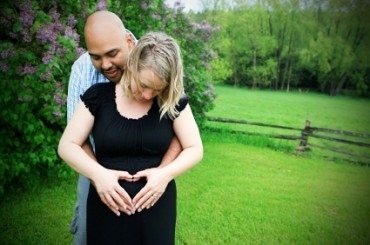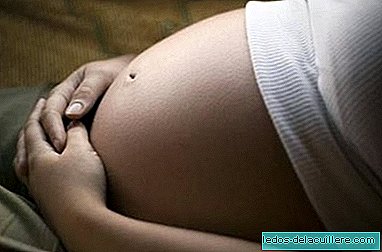
The British royal family announced yesterday the third pregnancy of Kate Middleton and Prince William, explaining in the official statement that as in her two previous pregnancies, the Duchess of Cambridge suffers hyperemesis gravidarum, a pregnancy condition that prevents you from continuing with your usual schedule.
Although most pregnant women experience nausea and vomiting during pregnancy, especially during the first trimester, hyperemesis gravidarum affects less than two percent of pregnant women. It is characterized by severe and persistent nausea and vomiting It requires medical attention because it can lead to dehydration of the mother. In fact, in her first pregnancy, Middleton had to be hospitalized.
What is hyperemesis gravidarum
Nausea and vomiting are one of the most common discomforts during the first months of pregnancy. There are even those who find out that they are pregnant because of the morning sickness they suffer. They usually remit from the second trimester, although in some women they can last until the day of delivery.
Intense and persistent nausea during pregnancy often leads to weightloss (up to 5% of body volume). Sometimes dizziness is accompanied by fainting, blood pressure may be low and the pulse may be high.
There is no specific cause that produces an excess of vomiting, and is usually attributed to the high levels of the human chorionic gonadotropin hormone (HCG) experienced by the pregnant woman's organism in the first weeks.

Symptoms of hyperemesis gravidarum
Persistent nausea
Vomiting after eating or drinking
Vomiting not related to food consumption
Weight loss (more than 5% of the woman's weight before pregnancy)
Dehydration
Excessive vomiting during pregnancy is one of the reasons why you should go to the emergency room. It does not pose any risk to the fetus if it is treated properlyotherwise it can cause an imbalance in fluids and electrolytes, and nutritional deficiencies.
Poor nutrition of the mother can affect fetal growth as well as cause thiamine deficiency and cause damage to the liver and jaundice (yellowing of the skin, eyes and mucous membranes).
The condition can happen in any pregnancy, but is more likely in twin pregnancies or in a molar pregnancy. Women are at a higher risk of suffering from hyperemesis if they have had the problem in previous pregnancies or if they are prone to motion sickness.












